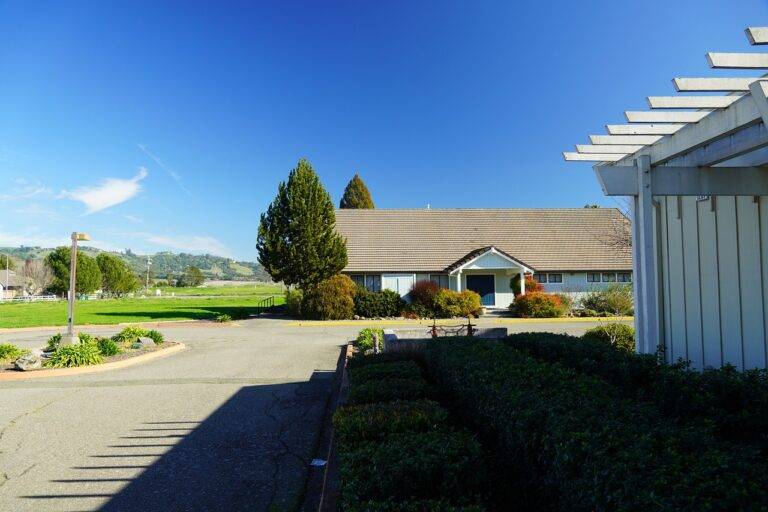Incorporating Ponds in Urban Riparian Zones: Allexchbet. Com, 99 exchange, Allpanel
allexchbet. com, 99 exchange, allpanel: Incorporating Ponds in Urban Riparian Zones
Have you ever walked through a bustling city and noticed a serene pond tucked away amongst the concrete jungle? These urban ponds, when strategically placed in riparian zones, can have a multitude of benefits for both the environment and the community. In this blog post, we will explore the importance of incorporating ponds in urban riparian zones and how they can positively impact our cities.
1. Enhancing Biodiversity
By adding ponds to urban riparian zones, we are creating valuable habitats for wildlife. These ponds attract a variety of species, from birds to insects to amphibians, enriching the local biodiversity. Not only does this create a more balanced ecosystem, but it also provides residents with the opportunity to observe and connect with nature in the heart of the city.
2. Improving Water Quality
Ponds play a crucial role in improving water quality by acting as natural filters. As water flows through the pond, sediments and pollutants are trapped, allowing cleaner water to continue downstream. This helps reduce pollution levels in urban waterways and promotes healthier aquatic ecosystems.
3. Mitigating Flood Risks
Urban areas are often susceptible to flooding due to increased impervious surfaces. Ponds in riparian zones can help mitigate flood risks by storing excess water during heavy rainfall events. This not only protects surrounding properties from inundation but also helps recharge groundwater levels and sustain stream flows during dry periods.
4. Creating Recreational Opportunities
Urban ponds can serve as valuable recreational spaces for local communities. From fishing and boating to picnicking and birdwatching, these ponds offer residents a peaceful retreat from the hustle and bustle of city life. By incorporating walking paths, benches, and interpretive signage, these areas can become popular destinations for outdoor activities.
5. Enhancing Aesthetics
Ponds add a touch of natural beauty to urban landscapes, enhancing the overall aesthetics of the built environment. Water features have a calming effect on individuals, reducing stress and improving mental well-being. By incorporating ponds into urban riparian zones, we can create visually appealing spaces that promote relaxation and tranquility.
6. Promoting Education and Awareness
Urban ponds present excellent opportunities for environmental education and awareness. Local schools and community groups can utilize these spaces for hands-on learning activities, such as water quality testing, plant identification, and wildlife observation. By engaging residents in conservation efforts, we can foster a greater appreciation for the natural world and inspire future environmental stewards.
FAQs
Q: How can communities implement ponds in urban riparian zones?
A: Communities can work with local governments, environmental organizations, and landscape architects to design and construct ponds in urban riparian zones. This collaborative approach ensures that the ponds are properly integrated into the surrounding environment and meet the needs of both wildlife and residents.
Q: Are there any potential challenges associated with urban ponds?
A: Urban ponds may require regular maintenance to remain healthy and functional. Issues such as algae blooms, invasive species, and sediment buildup can arise if ponds are not properly managed. Communities should develop management plans and allocate resources to ensure the long-term success of urban ponds.
Q: How can individuals support the preservation of urban ponds?
A: Individuals can support the preservation of urban ponds by respecting these natural spaces and following any posted regulations, such as prohibitions on feeding wildlife or littering. Participating in volunteer clean-up events and advocacy campaigns can also help raise awareness about the importance of urban ponds in riparian zones.
In conclusion, incorporating ponds in urban riparian zones offers a multitude of benefits for both the environment and the community. From enhancing biodiversity and improving water quality to creating recreational opportunities and promoting education, urban ponds play a vital role in sustainable urban planning. By recognizing the value of these natural features and actively supporting their preservation, we can contribute to the health and well-being of our cities for generations to come.







